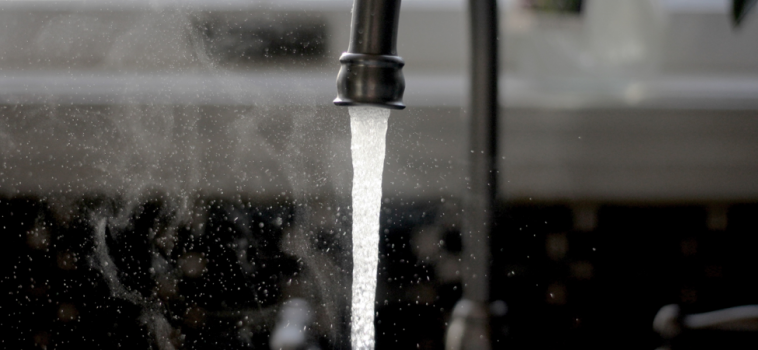WATERTOWN, WI — Clean Wisconsin strongly supports Gov. Tony Evers’ announcement on Wednesday to direct state agencies to create new rules for how nitrates are applied to farm fields, an important step for protecting rural drinking water across the state.
“This announcement shows that Gov. Evers is serious about cleaning up and protecting drinking water in Wisconsin,” said Scott Laeser, Water Program Director at Clean Wisconsin. “The directive to set standards will offer hope to thousands of Wisconsin residents with nitrate pollution in their private wells.”
The new guidelines, called targeted performance standards, are administrative rules that will stipulate how nitrates from fertilizer and manure are applied to farm fields. The governor’s announcement today directs state agencies to starts the process for creating the standards. Clean Wisconsin has been a vocal advocate for statewide nitrate guidelines that protect public health.
“This announcement is a major step to protect public health and make clean drinking water a reality for many families without it,” said Laeser. “Nitrate pollution is something we can start addressing now, and we’re glad to see the governor take this important step during the Year of Clean Drinking Water.”
Studies conducted by University of Wisconsin researchers and others have found that most nitrate pollution comes from agricultural sources such as manure and commercial fertilizer.
Based on research from the Center for Watershed Science and Education at the University of Wisconsin-Stevens Point, Clean Wisconsin estimates that nitrogen leaching annually from corn fields is 29 times higher than nitrogen leaching annually from septic systems in Grant, Iowa and Lafayette Counties.
Nitrate pollution in drinking water poses serious health risks. Blue baby syndrome and central nervous system birth defects are potentially fatal risks of exposure to nitrates for fetuses or young children. For adults, an increased risk of thyroid disease and colorectal cancer has been associated with high nitrate exposure.
Awareness of nitrate pollution around Wisconsin has been growing. In January, results from the Southwest Wisconsin Groundwater & Geology (SWIGG) study found high rates of nitrate pollution in private wells in Grant, Iowa, and Lafayette Counties, prompting Assembly Speaker Robin Vos to convene a Water Quality Task Force. High levels of nitrate pollution have also been reported in private wells in Juneau, Wood, Rock, and La Crosse Counties.
“Widespread nitrate pollution is a public health crisis in Wisconsin. We applaud Gov. Evers’ commitment to creating these new standards, but this is only the beginning of the process,” said Laeser. “We will continue to work with lawmakers and state agencies to make sure these rules protect drinking water and public health.”

